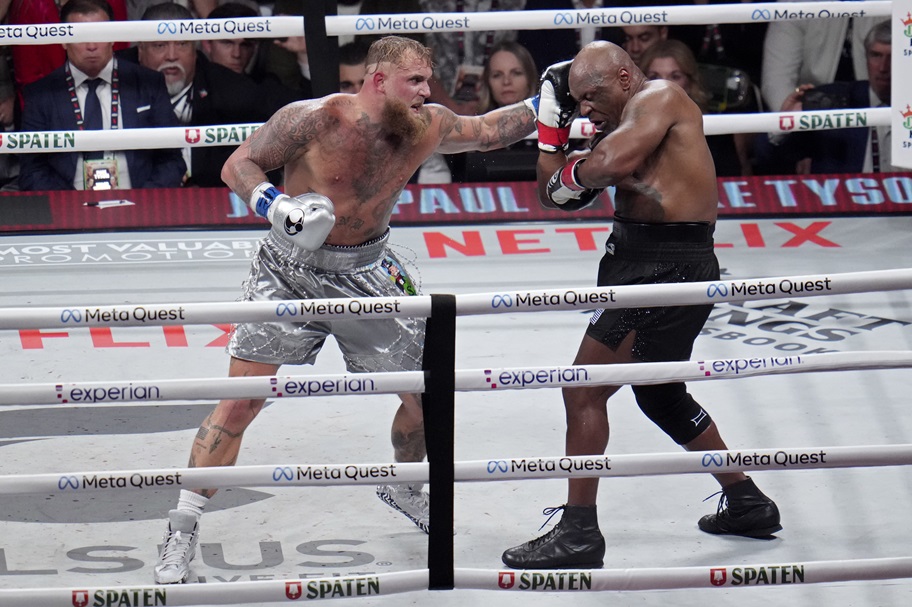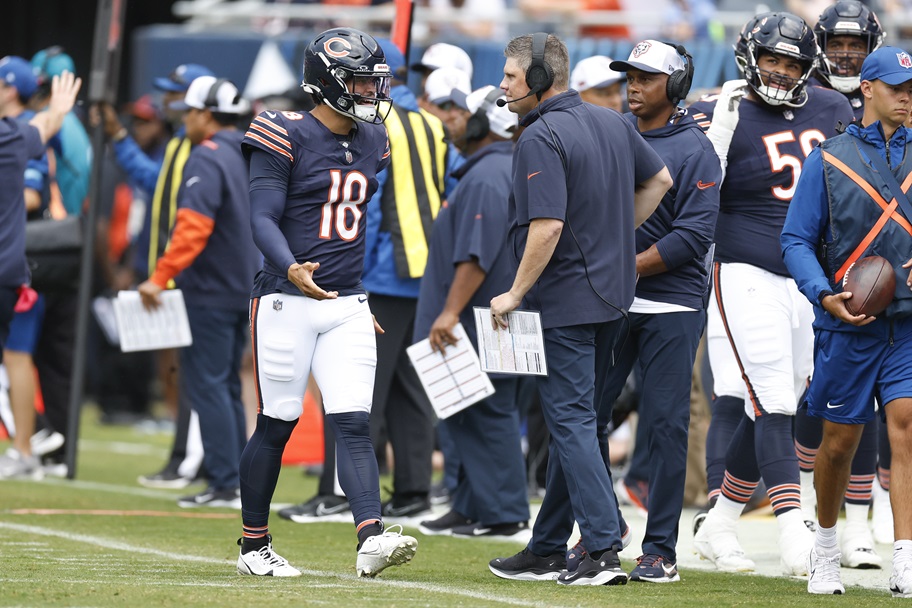- Newly released betting odds have Joe Biden leaving office in 2025.
- The odds suggest that Biden will lose in the 2024 U.S. Presidential Election.
- A new poll has Biden losing support among Black, Hispanic, and young voters less than a year away from the 2024 U.S. Presidential Election.
According to new political odds at BetOnline, Joe Biden is not expected to be in office past the year 2025. Currently, Biden is -175 to exit the White House in 2025, suggesting that he will lose the 2024 U.S. Presidential Election.
At -175, Biden has an implied probability of 63.6 percent to pack up his bags and leave the White House next year. The next likeliest scenario is in 2026 or later. Currently, Biden has +200 odds to leave office in 2026 or beyond.
As far as 2024 is concerned, Biden has +550 odds to move out of 1600 Pennsylvania Avenue. For this to happen, Biden will have to be impeached, suffer a serious medical emergency, or another unforeseen scenario.
Biden is at +185 odds for being impeached before the 2024 U.S. Presidential Election. With an implied probability of 35.1 percent, there is better than a puncher’s chance that Biden is impeached.
Odds Have Biden Losing the 2024 Presidential Election
If Biden loses the 2024 U.S. Presidential Election, he will not exit office until January 2025. Election Day is scheduled for Tuesday, November 5, 2024. On Monday, December 16, 2024, the electors will meet in state capitols across the country for a formal vote.
If the incumbent president loses, per the 20th Amendment, their term will officially end at noon on January 20, 2025.
In other words, if you like Biden to lose in November, then you’ll want to bet on him exiting office in 2025 at -175 odds. As of January 2024, Biden has the second-best odds to win the 2024 U.S. Presidential Election.
At +200, Biden trails former President Donald Trump for the shortest odds to win the next election in November.
On New Year’s Day 2024, at BetOnline, Trump is a +130 favorite to win the presidential office. In April, Biden was a +140 favorite to win a second term as President of the United States in November.
Trump’s odds have improved from +2500 in late 2020 to +130 on the first day of the 2024 election year.
Biden Falling Out Of Favor In Polls
Biden’s slide in the 2024 U.S. Presidential Election odds and likely moving out of the White House in 2025, coincides with his falling popularity in the polls. In November, Biden had an approval rating of 50 percent among Democrats.
Due to his position on the Hamas-Israel war, Biden was able to rebound slightly to 59 percent. Nonetheless, Biden is well behind where his campaign would ideally like him to be in the polls.
With his approval rating among voters routinely hovering below 40 percent, Biden needs a strong 2024. On December 18, 2023, a Monmouth University poll revealed that just 34 percent of voters approved of his performance.
Key Biden Voters Considering Other Options
The most concerning trend for Biden’s chances of staying in office is his decreasing popularity among Black, Hispanic, and young voters. Typically strongholds for Democrats, the latest polls suggest that they are growing increasingly less confident of Biden’s efforts in the White House.
According to a recent USA TODAY/ Suffolk University poll, 63 percent of Black voters are in favor of the job that Biden is doing.
This represents a steep decline from the 87 percent of Black voters who supported Biden in 2020. Additionally, Biden trails by five percentage points, 39 percent to 34 percent, among Hispanic voters versus Trump.
Also, the poll revealed that voters younger than 35 years old favor Trump over Biden. 37 percent disclosed that they prefer Trump, while 33 percent support Biden’s presidency.
For a Biden win in 2024, he must garner more support from a vital group of voters who helped him capture the White House four years ago.
It isn’t all great news for Trump, though. One-in-five Black voters indicated that they’ll support a third party in the 2024 U.S. Presidential Election.
Furthermore, the poll reported that 20 percent of Hispanic and Black voters, and 21 percent of young voters will opt to support a third candidate rather than the top Democrat or Republican.






